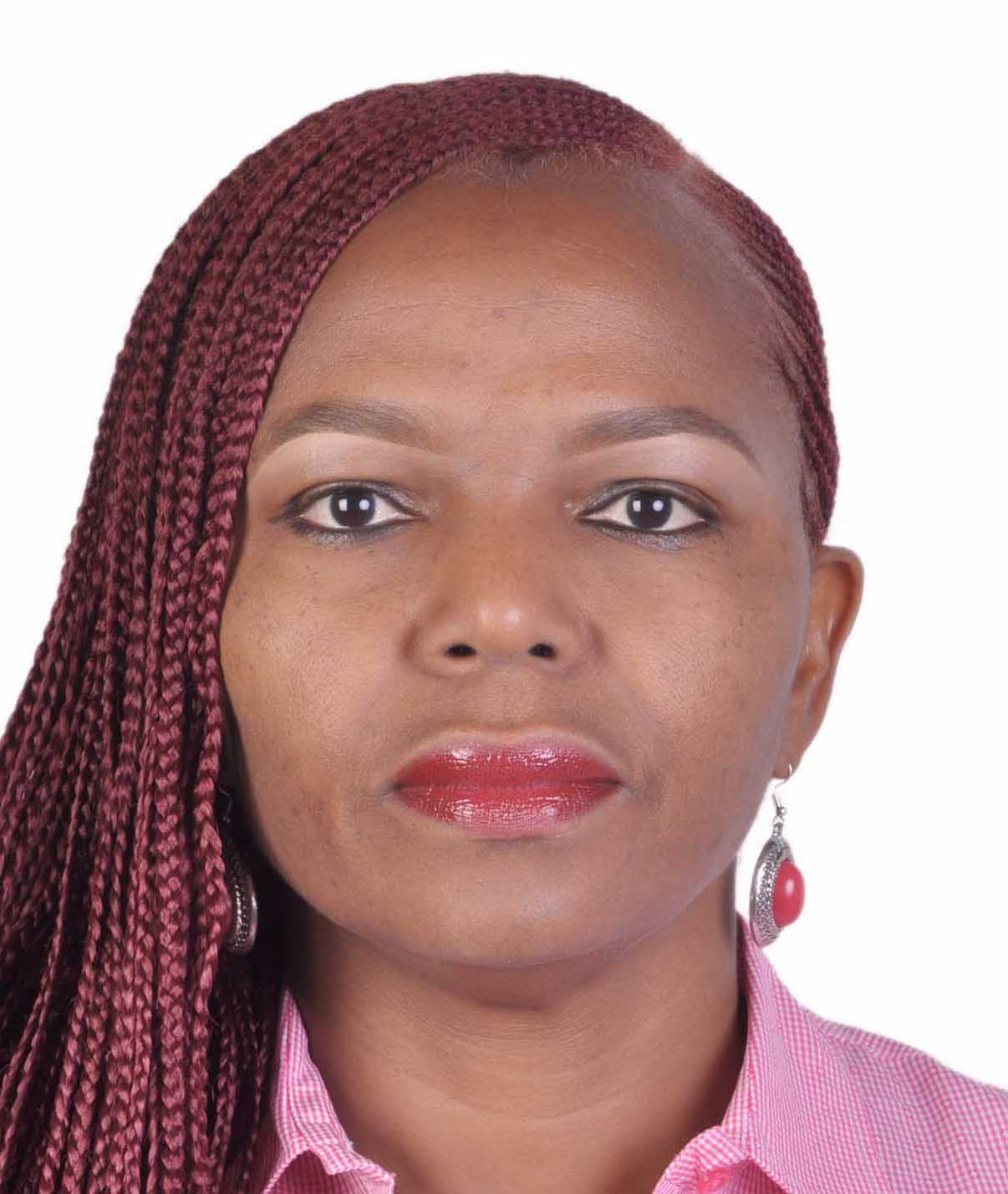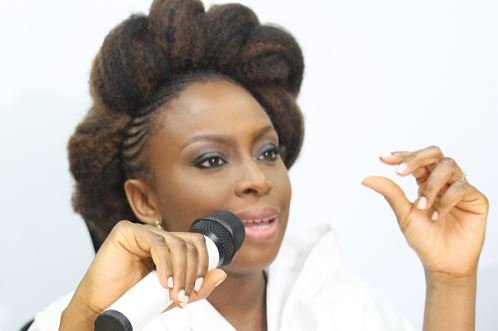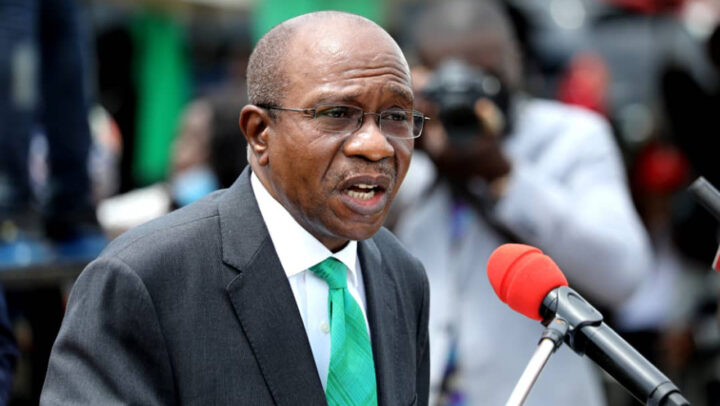Have you heard? Nigeria, through the Nigerian Official Selection Committee (NOSC), did not submit any film to the International Feature Film Award Committee towards next year’s Oscars-the 95th edition of the Academy Awards. Shock! Horror! The Nigerian Official Selection Committee in its wisdom (or the wisdom of a majority of its members) decided that none of the films submitted to it for review met the Oscars guidelines. As far as I know, the choice was between these three films: Elesin Oba-The King’s Horseman (directed by Biyi Bandele), Anikulapo (directed by Kunle Afolayan) and King of Thieves-Ògúndábède (directed by Adebayo Tijani and Tope Adebayo). All three are Yoruba films. Does this then mean that none of these films was good enough to be submitted as Nigeria’s entry in the International Feature Film Award category? I imagine that those who have watched any of these films must be shouting themselves hoarse and asking why the NOSC rejected these films.
Well, I’ve watched the three films and I’m also at a loss and asking why none of them was considered good enough. My ‘why’ isn’t because I don’t recognise the prerogative of the NOSC to select which film makes it out of Nigeria to the Oscars nomination committee. Selection committees and juries in any form must do their jobs and not everyone is going to be happy with their decisions. But then again, no matter how technical it is, when it comes to judging things like films, there’s always going to be a good dose of subjectivity from those doing the judging. Still, there are people whose opinions/decisions are respected as experts. Although, regarding the three aforementioned films, their rejection is a long stretch if quality is the main yardstick.
The main reason I’m at a loss and asking why is because the NOSC has been less than forthcoming about its processes. I understand that the committee may be put off by the theatrics of some aggrieved persons (one ready accusation has been that of tribalism but I’ll get to that in due course). I’ll also understand if the NOSC was adhering to its rules of engagement (or no-engagement) with the public and other stakeholders about the inner workings of their committee. However, if there was a time to be flexible and bypass written or unwritten rules, that time is now. From a strategic communications point of view, the NOSC should’ve released a clear statement explaining why none of the three films made it to the Oscars nomination committee. This may not be sufficient or convince those who think there’s tribalism or plans even more dastardly at play. However, the professional thing to do is to be transparent regardless of people’s opinions.
For what it’s worth, Nigeria isn’t the only country with controversy over its no-film-eligible submission. Egypt is another country where film critics and other stakeholders are unhappy and baffled as to why their country didn’t submit any film for the International Feature Film Award. But at least, in the case of Egypt, the Cinema Syndicate, which is their Oscars selection committee, gave a long explanation: “The regulations of the Oscar competition allow us not to nominate a film to compete for its awards in the absence of films that meet the conditions of the competition… In the beginning, four films were selected from a large group of films, and then we took a vote on whether to participate in a film this year or not, and the majority decision was no… We took the vote on whether to participate or not, and the vote came 11 votes for not participating, compared to seven votes that agreed to nominate a film, and according to the majority decision it was announced that no Egyptian films will be nominated for participation this year.”
Advertisement
Equally significant, the other reason NOSC should’ve been upfront with its processes is the current tribal division and mutual distrust in Nigeria at the moment. Anyone who has lived in Buhari’s Nigeria in the last 8 years must recognise that 3 Yoruba films being rejected by a NOSC chaired by an Igbo person (Chineze Anyaene-Abonyi) is ripe for tribal (mis)interpretations. Especially when the first film selected by the same committee in 2019 is the half-Igbo film Lionheart directed by Genevieve Nnaji, an Igbo woman. The second film selected by the NOSC (in 2020) was The Milkmaid, directed by Desmond Ovbiagele with a Hausa-Fulani story. It’s easy to understand why the rejection of 3 Yoruba films might appear tribalistic. I cannot speak for the NOSC chairperson but sometimes those who complain the most about tribalism or cronyism are themselves not free of such. Anyway, not to lose sight of the real issue, it’s the NOSC’s lack of proactive handling of the situation that has made matters worse.
Now, in the absence of a professional response from the NOSC, all kinds of stories are flying around. It’s difficult to know what to believe. But was NOSC’s no-film submission really about quality? It’s beginning to look like the answer to that question is a ‘No.’ A story by Shock which describes itself as “specifically focused on movies, comics and gaming,” puts some things in perspective: If we are to believe the convenient leaks from anonymous sources, the issue with the three films wasn’t about quality but about one of the films (or all the films?) not meeting the Oscars requirement that a submitted film must have had a theatrical exhibition for 7 consecutive days in a cinema before being shown on other platforms. Anikulapo was released on Netflix on September 30 and the deadline for NOSC to submit a film was October 3, 2022. As far as I know, The King’s Horseman premiered at the Toronto International Film Festival, TIFF on September 10, 2022, but is scheduled for release on Netflix on November 4, 2022. King of Thieves premiered in Lagos cinemas on April 4, 2022. One of the films, King of Thieves definitely had a public exhibition that would’ve satisfied that requirement. Again, we may never know what happened. In any case, the deadline for sending films to the International Feature Film Award Committee was October 4, 2022. Perhaps, this controversy will help the NOSC do better in future selections. Or perhaps, those who want the head of the chairperson will have their way and have her removed. We’ll see.
Members of NOSC: Chineze Anyaene-Abonyi (chairperson), Mahmood Ali-Balogun (vice chairperson), Mildred Okwo (resigned), Ego Boyo, Omotola Jalade-Ekeinde, Stephanie Linus, Shaibu Husseini (resigned), Bruce Ayonote, Adetokunbo Odubawo, Izu Ojukwu, Moses Babatope, Yibo Koko, Meg Otanwa, Kenneth Gyang, and John Njamah.
- Onoshe Nwabuikwu, AIRTIME columnist is a renowned TV/Film critic, and Film scholar. She also has experience in Advertising as a senior Copywriter and Corporate Communications as Communications consultant.
Advertisement
Add a comment







